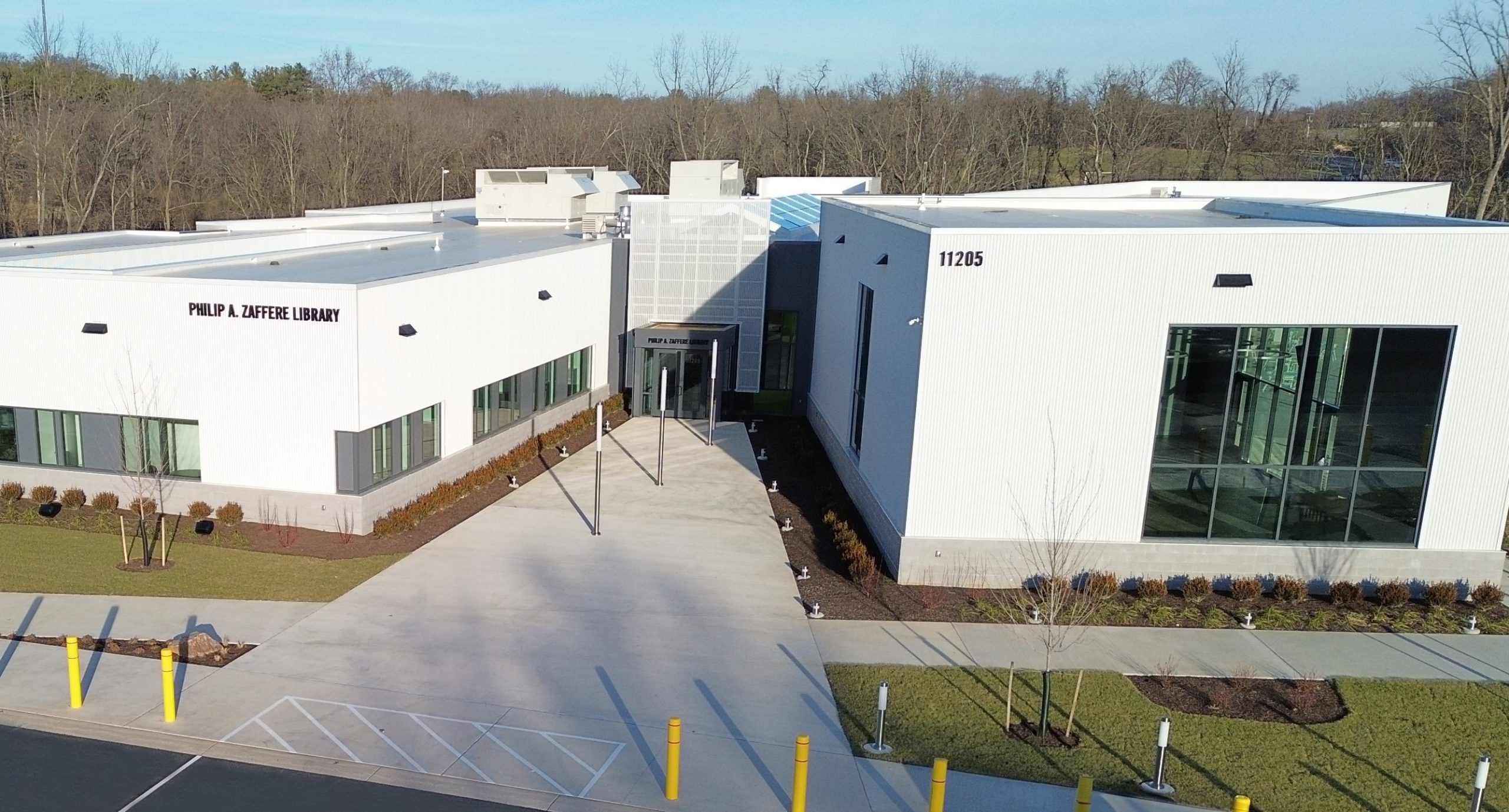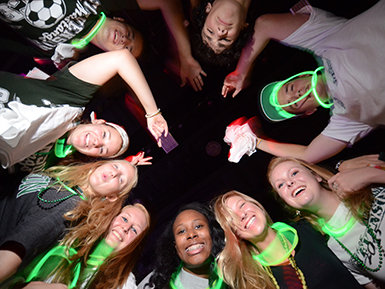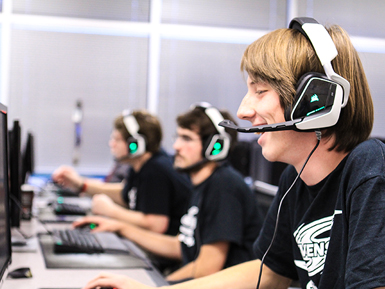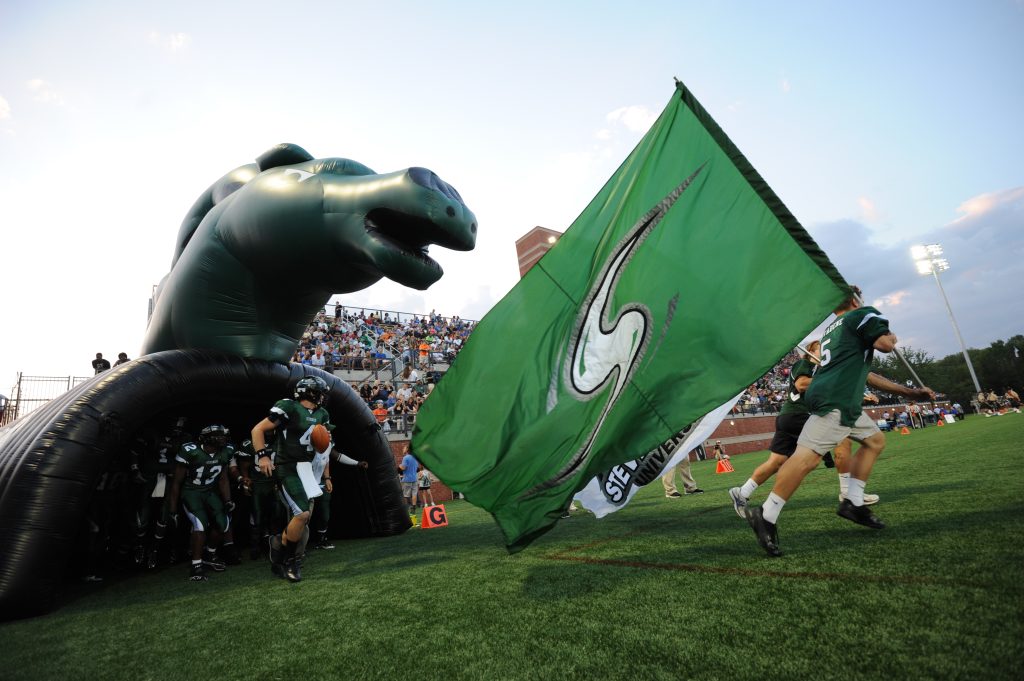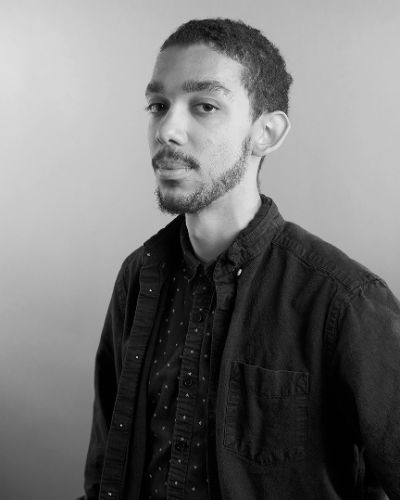
Keagen Thomson, a Stevenson graduate, sat down with me last week to talk about his experience as a Stevenson student, his participation in the New York State Writer’s Institute, and his advice to current and prospective students about college life!
Tell us about yourself and your time here at Stevenson.
I’d say my time here at Stevenson was personality defining. I enrolled as a Biology student and runner. I left with a BS in Criminal Justice and a vigor for most things creative. I’m a habitual photographer, persistent creative writer, hobbyist developer, and exclusive night owl.
From the outside looking in, my skillset and degree pairing look like some eclectic, ill-fashioned, franken-monster. That’s half correct. I owe my litany of passions to encouraging professors, diverse extra-curricular experience, and challenging internship. My interests evolved after extensive photography coursework, creative writing coursework, and exposure to business development with Stevenson Enactus. I explored my interests here and found them.
What did you do post Graduation?
Oh you know, I changed the world, started an award-winning digital marketing agency, and published 6 New York Times bestsellers. Kidding of course. My past 5 months have been fairly routine for a recent graduate. I work part-time, freelance to build up my portfolio, and search for interesting digital marketing opportunities. I did have an amazing summer at the NYSWI. I read amazing books, met incredible writers, and started a small writing group. I’d count it as time well spent.
How was the New York State Writers Institute?
First, I’d like to thank the faculty that helped me attend. Your support meant more than you could hope. Eventful is the word, where do I start? I learned so many actionable things and received insightful feedback from brilliant authors. The campus – Skidmore College – reminded me of Stevenson’s own Greenspring Campus.
I participated in the 2-week long intermediate fiction program. The structure of the program included: classroom workshops – my favorite part of the program – lead by a resident author, readings by visiting authors, and finally engaging community forums.
The readings were enchanting. Their words were golden. Acerbic. Poignant. It was an awesome opportunity to talk with renowned writers about their inspirations, and unique processes. The talks and community forums – on political, and philosophical topics – were among the most interesting events I’ve attended. One surprisingly profound discussion was on the role of sex in literature. On its inclusion, exclusion, and depiction of human nature. I wish I’d taken notes.
The workshops alone made the experience worth it. It was invaluable to receive guided mentorship from a professional in the field. I say mentorship because it was more than just objective feedback on work. It was trading recent reads, and genuine conversation. Dana Johnson – my session’s workshop leader – helped identify my specific fiction writing weaknesses, and recommended tons of inspiring authors to help with craft.
Your peers were copywriters, journalists, and MFA students. They also had great taste in books. I ended up leaving the experience with a huge list of recommendations, friends, and a small writing group. So far I’ve read:
- Giovanni’s room – James Baldwin,
- Circe – Madeline Miller,
- Hey Whipple Squeeze This – Luke Sullivan (A book for copywriters),
- One Hundred Years of Solitude – Gabriel García Márquez,
I’d recommend them all.
Overall it was an incredible experience and I plan to attend again if I have the means to. For anyone reading this, it doesn’t matter what your major is. If you care about writing even a little, please go.
How do you feel about Stevenson? Did it prepare you for your adult life?
Your college experience is what you make it. I clearly had ample encouragement by faculty to develop those interests. As for adult life, nothing really prepares you for that but living it. You do develop independence, extensive knowledge, and professional experience here, but the transition can be very tough for some. You lose direct access to that constant safety-net of friends you grow so used to. I’d say that’s been the hardest part of the transition for me, and it’s not really something college can prepare you for.
What’s your major advice to current or prospective students?
I’ll be direct here. College is about exploration, as much as it is education. Go to the events and meet new people. Make friends. The best friends you’ll make at this point in your life will be here. Get involved in extracurriculars. You’ll build new interests and develop a unique skillset. Indirectly, you’ll build yourself. Finally, your internship really matters. Don’t take one just for convenience sake. Work with the career center staff to land one that will get you started professionally. I can’t stress this last one enough. Your internship ideally gets you your job after graduating, or positions you to do so with relevant experience.

